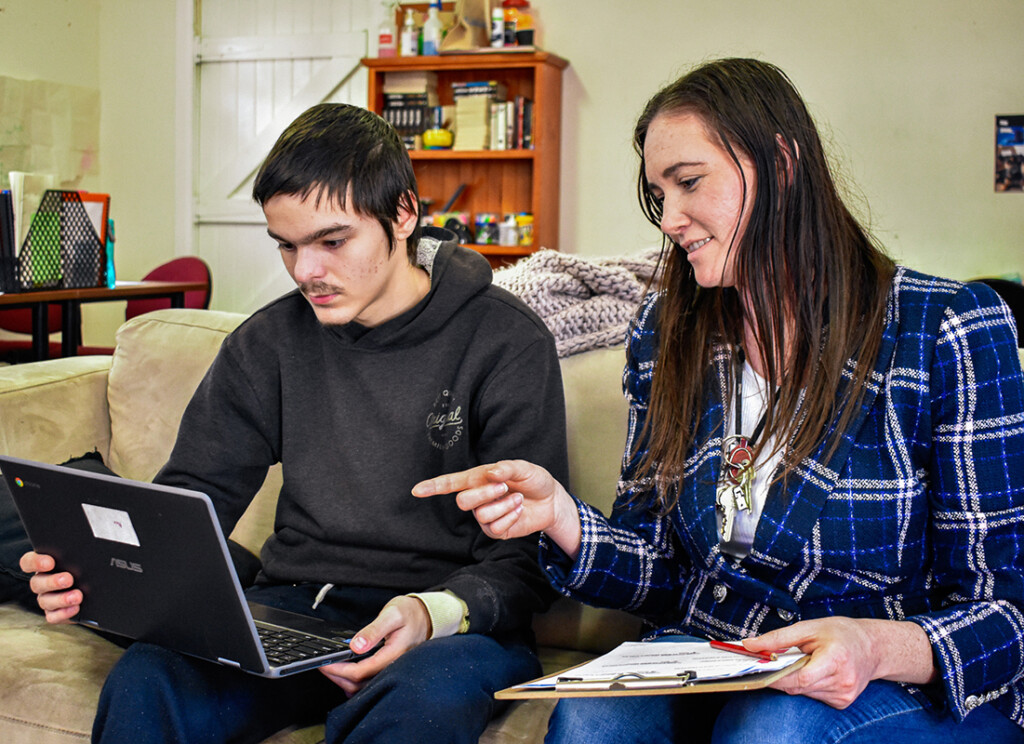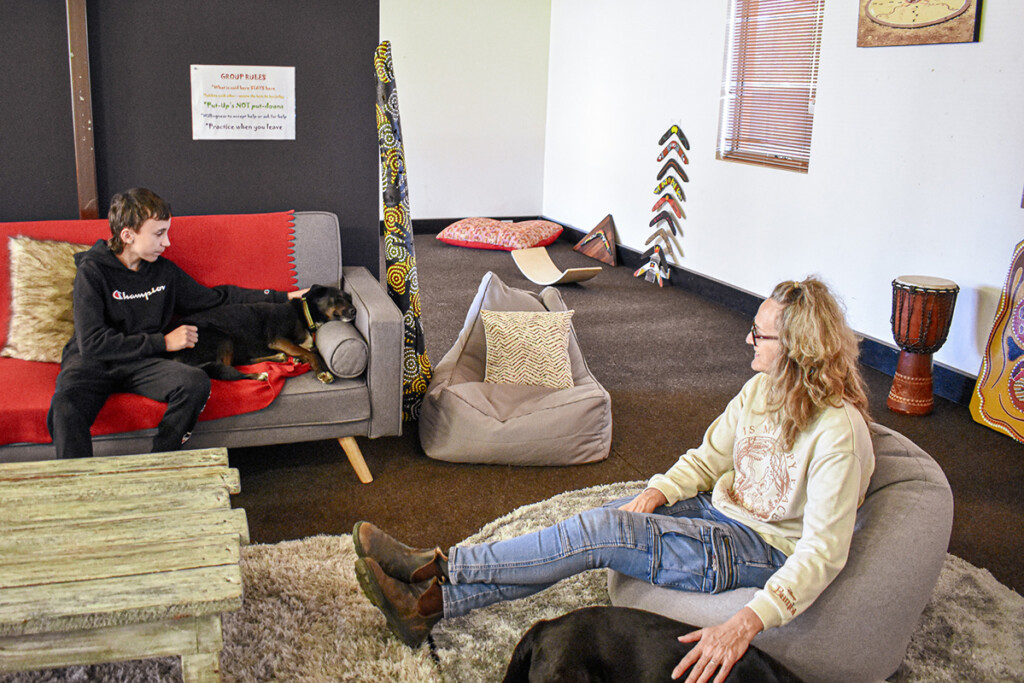
Equipping children with essential life skills is more important than ever. These skills not only prepare them for the challenges of adulthood but also enhance their ability to navigate everyday situations effectively.
1. Communication Skills
Effective communication is foundational in both personal and professional life. Teaching children how to express their thoughts clearly and listen actively can greatly improve their interactions with others. Here are some ways to cultivate these skills:
- Encourage Open Dialogue: Create an environment where children feel safe to share their opinions and feelings. Regular family discussions can foster confidence in expressing themselves.
- Role-Playing Scenarios: Use role-play to teach children how to handle different situations, such as resolving conflicts or asking for help. This hands-on approach can make learning more engaging and memorable.
- Public Speaking Opportunities: Encourage participation in activities such as debating or drama. These platforms can help children develop their speaking abilities and learn to communicate with a diverse audience.
2. Financial Literacy
Understanding how to manage money is a vital skill that will serve children throughout their lives. Introducing concepts of saving, budgeting, and spending can help them become financially savvy adults. Strategies for teaching financial literacy include:
- Allowance Management: Providing a regular allowance gives children a chance to practice budgeting. Encourage them to allocate their funds for saving, spending, and donating.
- Real-Life Shopping Experiences: Involve children in grocery shopping, explaining how to compare prices and make informed decisions. This practical experience can instil good spending habits.
- Savings Goals: Help children set savings goals for items they want to purchase. This can teach them the value of patience and delayed gratification.

3. Problem-Solving Skills
Children face challenges daily, and learning how to approach these obstacles is crucial. Teaching problem-solving skills equips them to tackle issues independently and creatively. Consider these methods:
- Encourage Critical Thinking: Pose open-ended questions that require thoughtful responses. This can help children learn to analyse situations and develop their reasoning skills.
- Teach Decision-Making: Involve children in decision-making processes, whether related to family activities or their own choices. Discuss the potential outcomes of different options to help them weigh their decisions.
- Use Puzzles and Games: Engage children in activities that challenge their minds, such as puzzles or strategic games. These can enhance their analytical abilities and resilience in the face of difficulties.
4. Time Management
As children progress through school and extracurricular activities, learning to manage their time becomes essential. Good time management helps them balance responsibilities and reduces stress. Here are some techniques:
- Create a Visual Schedule: Help children develop a daily or weekly planner. A visual representation of their commitments can aid them in understanding how to allocate their time effectively.
- Set Priorities: Teach children to prioritise tasks by importance and deadlines. Discuss how to approach larger projects by breaking them into smaller, manageable steps.
- Encourage Consistency: Promote routine habits, such as homework time or chores, to help children develop a sense of responsibility and accountability.
5. Resilience
Building resilience is critical for children as they navigate life’s ups and downs. Resilient children can cope with stress, adapt to change, and recover from setbacks. Strategies for fostering resilience include:
- Model a Positive Attitude: Demonstrate how to approach challenges with a positive mindset. Children learn a lot from observing adults, so exhibiting resilience in your own life can be impactful.
- Encourage Persistence: Support children in sticking with tasks, even when they encounter difficulties. Praise their efforts rather than just the outcomes to instil a growth mindset.
- Teach Coping Strategies: Introduce techniques for managing stress, such as mindfulness exercises or deep-breathing techniques. Providing children with tools to handle emotions can promote emotional well-being.
6. Basic Cooking Skills
Involving children in cooking is a practical way to teach them essential life skills. Basic cooking knowledge fosters independence and promotes healthy eating habits. To instil these skills:
- Start with Simple Recipes: Introduce children to basic cooking tasks, such as measuring ingredients or stirring. Gradually increase the complexity of the recipes as they gain confidence.
- Teach Kitchen Safety: Emphasise the importance of kitchen safety, including knife handling and hygiene practices. Instilling these habits early can prevent accidents and promote responsibility.
- Encourage Creativity: Allow children to experiment with ingredients and flavours. This not only makes cooking enjoyable but also nurtures their creativity and decision-making abilities.
7. Social Skills
Developing strong social skills is essential for building relationships and navigating social settings. Children who possess good social skills can communicate effectively, empathise with others, and work collaboratively. Strategies to enhance social skills include:
- Encourage Team Activities: Involvement in team sports or group projects helps children learn to work with others, resolve conflicts, and share responsibilities.
- Teach Empathy: Discuss the importance of understanding others’ feelings. Role-playing different perspectives can help children develop empathy and compassion.
Model Appropriate Behaviour: Demonstrate positive social interactions in your own life. Children learn by example, so showcasing kindness, respect, and active listening can reinforce these behaviours.

Conclusion
Equipping children with these essential life skills prepares them for the future and fosters their independence and self-confidence. By integrating these lessons into daily life, parents and educators can help children develop a strong foundation for navigating the complexities of adulthood.





